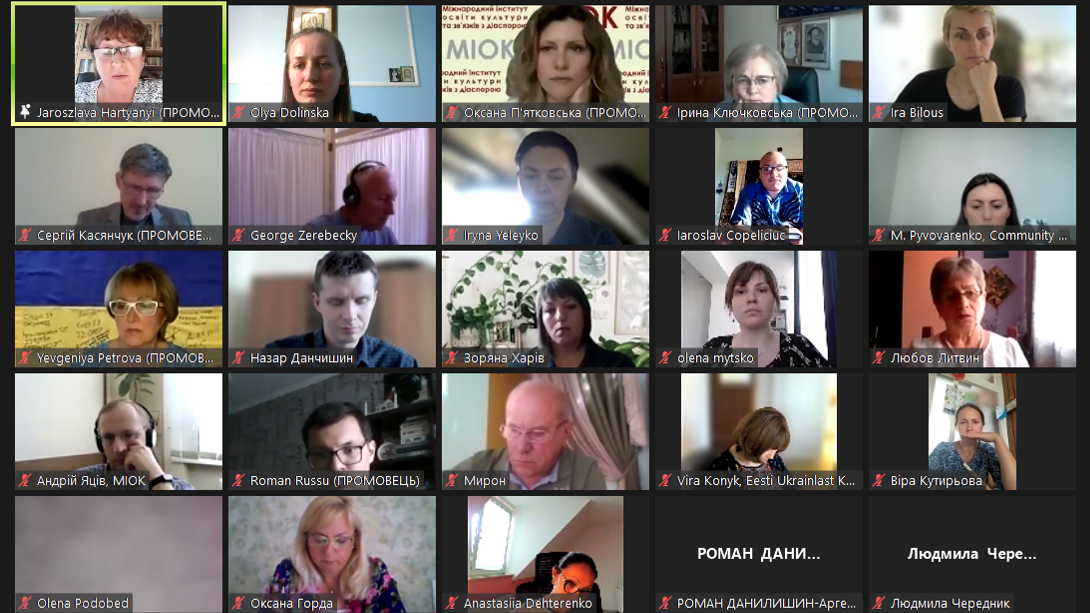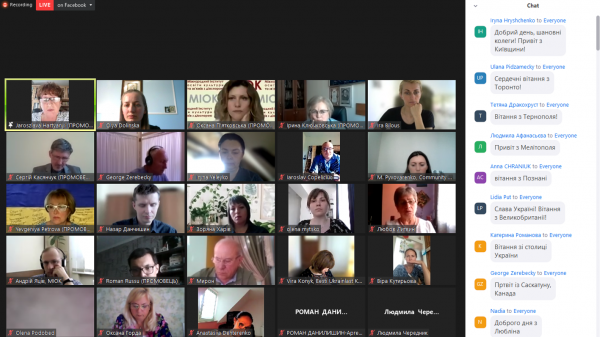On June 17, 2022, the International Institute of Education, Culture and Diaspora Relations, Lviv Polytechnic National University, organized and held a panel discussion «Ukrainian Forced Migrants in Europe: Diaspora Aid». The event was dedicated to the World Refugee Day, established by the United Nations in honour of refugees around the world to recognize the strength and courage of people who were forced to flee their homeland to avoid conflict or persecution. According to UNHCR, World Refugee Day highlights the rights, needs and dreams of refugees, helping to mobilize political will and resources so that refugees can not only survive but also prosper. Although it is important to protect and improve the lives of refugees on a daily basis, international days such as World Refugee Day help to draw the world's attention to the plight of those fleeing conflict or persecution. Many of the events held on this day create opportunities to support refugees.
Therefore, the IECDR, in support of this global initiative, held a panel discussion on Ukrainian migrants who were forced to leave Ukraine in connection with the full-scale Russian invasion on February 24, 2022.
The number of registered participants - more than 250 people from 34 countries - testified to the urgency and great interest in the issues raised at the panel discussion. This broad audience included not only teachers, researchers, scientists and experts on migration, but also representatives of the public sector and government agencies involved in decision-making in this area.
Speakers from Hungary, Poland, Romania and Moldova described the dynamics of entry and the number of Ukrainian forced migrants in their countries, spoke about legislative initiatives of governments to help Ukrainians and cooperation of Ukrainian diaspora organizations with state missions in this area, and society's perception of forced migrants.
Representatives of Ukrainian communities from different countries shared their experience of establishing Centers for Humanitarian and Information Assistance to Ukrainian migrants. The discussion also touched on the issue of the future. The speakers shared their observations on whether forced migrants will return to Ukraine or retain their identity, and spoke about what problems remain unresolved.

